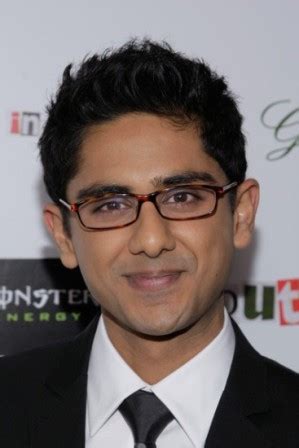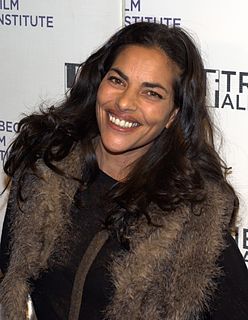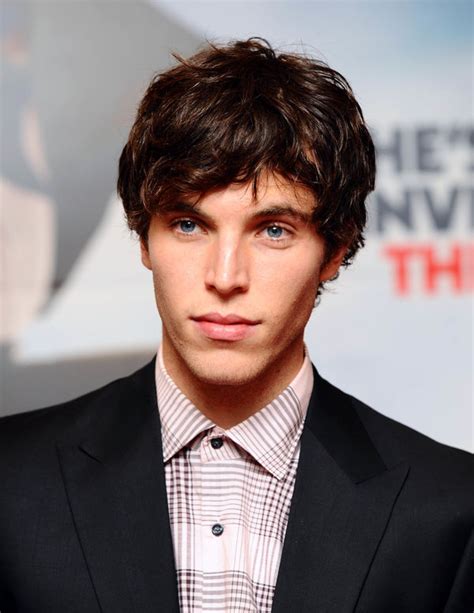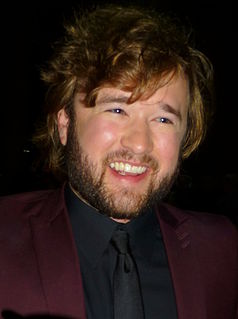A Quote by Adhir Kalyan
If I hadn't left South Africa, I felt I was at risk of being pigeonholed. I looked around and saw actors who, 10 to 15 years into their careers, were still playing stereotypical Afrikaans characters, stereotyped Indian characters. That was not something that I wanted for myself.
Related Quotes
The secrets that the characters hold are held back from the audience, and that's such a delight to hold onto. When you're playing scenes, it gives you an inner dialogue that allows you to really immerse yourself as the actor, in every scene that you're playing. Nothing felt expositional. Nothing felt like we were just doing it to move the story along. There was a reason these characters were saying what they're saying. It was a gift, really.
My parents are from the South - they were both born in Birmingham - so my dad saw R.E.M. really early on when they were playing college stuff in Athens. He had a bunch of their cassettes from the '80s, and when I was 8, 9, or 10, those were the sort of things that were around the cassette player in the living room.



































